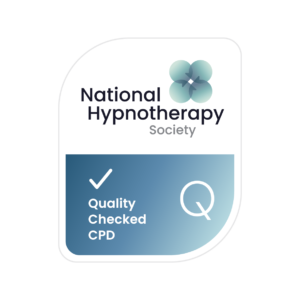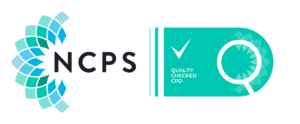Once you’ve completed your training, your professional register will expect you to continue developing your skills and knowledge as you practice. Our growing suite of Continuing Professional Development (CPD) workshops is designed to provide you with new skills, insights, and knowledge across many areas relevant to your professional growth.
Our CPD workshops cater to a wide range of practitioners, including qualified Hypnotherapists and Psychotherapeutic Counsellors, and are also ideal for those in training or recently qualified. Whether you’re looking to expand your understanding of specific therapeutic approaches or refine your practice management skills, our CPD courses in counselling and psychotherapy can help you stay current and confident.
Our psychotherapy CPD workshops are designed to support your ongoing development, helping you build on your core training and stay up-to-date with best practices in the field. From workshops on integrative psychotherapy techniques to modules on specialist areas like trauma-informed care, working with diverse client groups, or advanced skills in case formulation, our psychotherapy CPD sessions are an invaluable resource for any practitioner.
While our CPD workshops are a valuable addition to your professional toolkit, it’s important to note that these workshops alone are not a route to the Accredited Register, nor do they fully equip a graduate to practice independently as a qualified counsellor or psychotherapist. They are, however, an excellent way to enhance your knowledge, meet professional requirements, and maintain your membership of professional bodies.


















